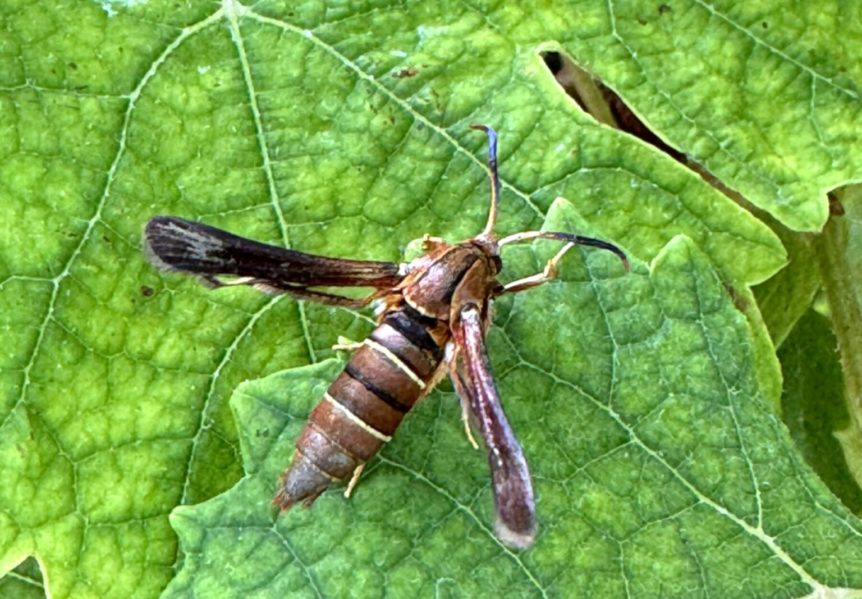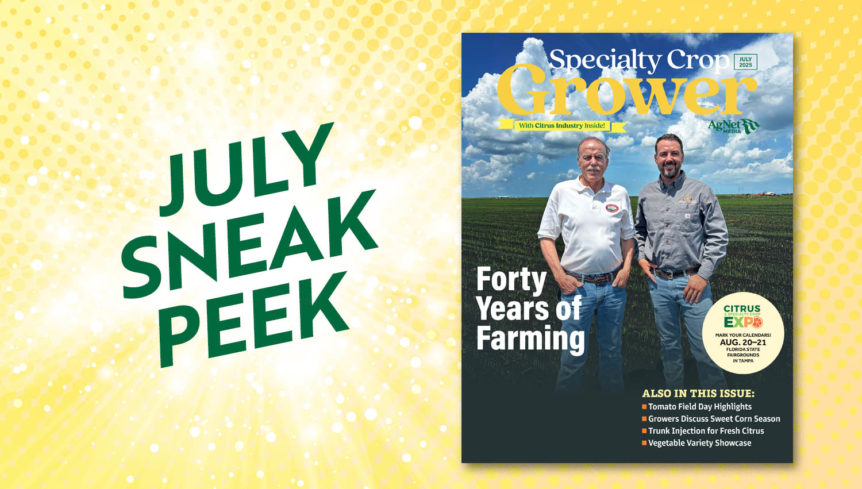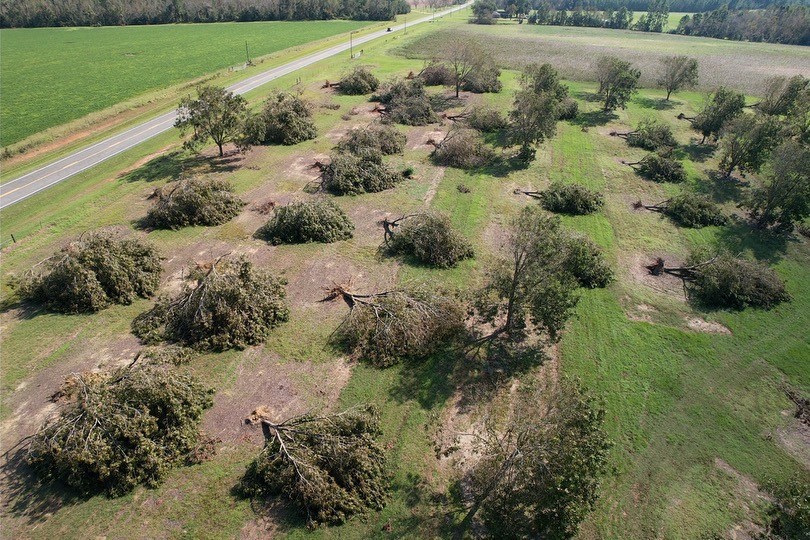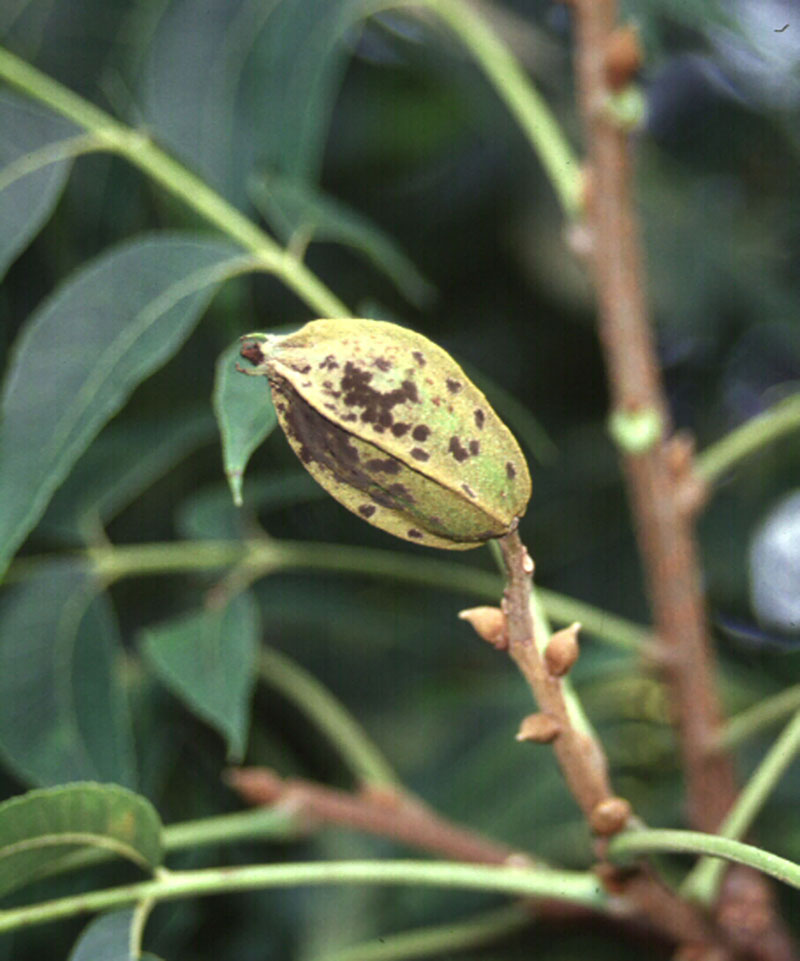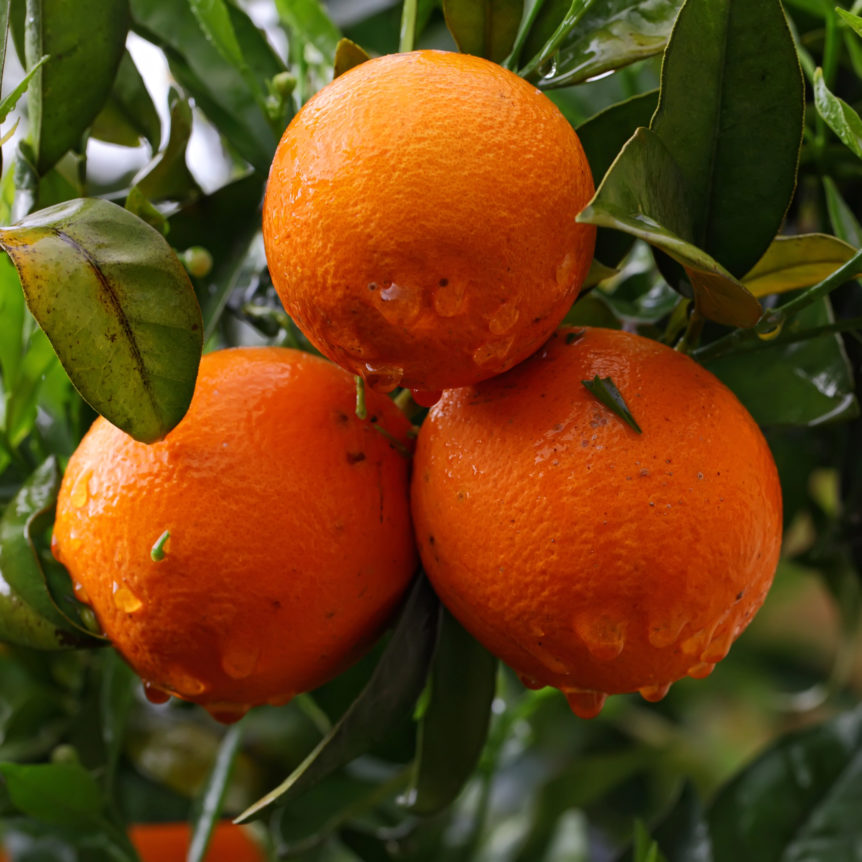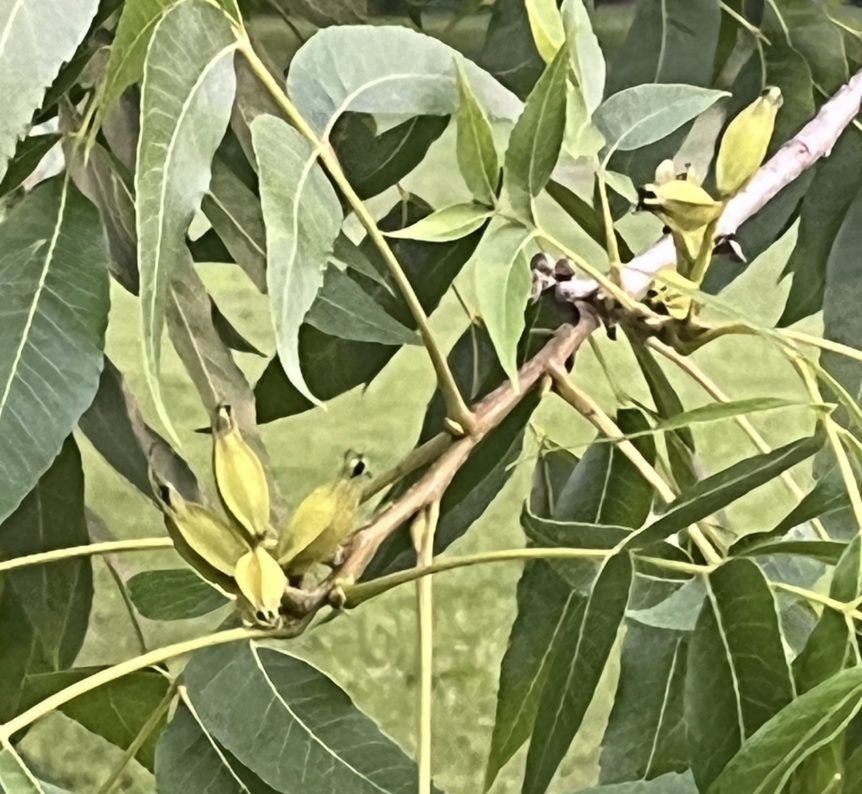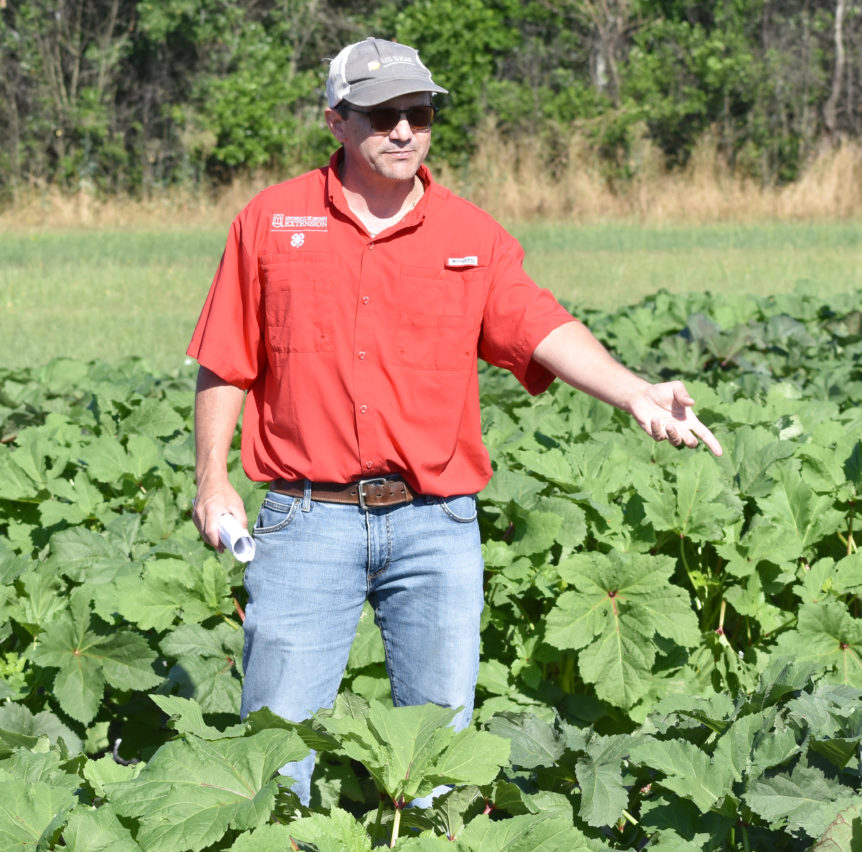By Clint Thompson Summer’s scorching temperatures are only expected to get hotter heading into July and August. Pam Knox, University of Georgia (UGA) Extension agricultural climatologist, noted in the UGA Climate Blog that NOAA’s Climate Prediction Center predicts the July-September period to be warmer than usual. “The predictions for above normal temperature just follow the long-term trend that we’ve seen …
Grape Producers Beware of Root Borer Emergence
Grape producers in North Georgia and North Alabama need must be wary of grape root borer emergence. Brett Blaauw, assistant professor at the University of Georgia (UGA) College of Agricultural and Environmental Sciences, noted in the UGA Viticulture Blog that adult emergence and activity typically starts in late June or early July. Growers should consider management options for the pest …
Sneak Peek: July 2025 Specialty Crop Grower Magazine
The July issue of Specialty Crop Grower Magazine puts Paul Orsenigo, founder of Grower’s Management Inc. in the spotlight. Unlike multigenerational farm families, Orsenigo is a first-generation farmer in the Everglades Agricultural Area in Florida. He produces a variety of leafy greens, sweet corn, sugar cane and rice. He discusses his humble beginnings, and they evolved into a 40-year journey …
Hope for East Georgia Pecan Trees Following Helene?
By Clint Thompson Nut set in the Hurricane Helene-damaged pecan areas in East Georgia has been better than expected. Lenny Wells, University of Georgia (UGA) Extension pecan specialist, made the proclamation in the UGA Extension Pecan Blog in an early assessment of this season’s crop. After the hurricane devastated the region, the outlook for the crop was not great heading …
Beware of Scab: Rains Mean Increased Risk of Disease in Pecans
By Clint Thompson Persistent rainfall in the Southeast means added moisture for the region’s pecan trees. It also means increased risk of scab disease, especially in trees that are more susceptible than others. Lenny Wells, University of Georgia (UGA) Extension pecan specialist, discussed the dangers of consistent rainfall. “If (the rains) come in the afternoon and the trees stay wet …
Water Needs Critical for Region’s Citrus Trees
By Clint Thompson Timing is critical for water needs for next season’s citrus crops across the Southeast. Much of the groves in the cold-hardy citrus region of North Florida, South Georgia and South Alabama are receiving their share of rainfall. But others are not. It is why producers need to remain diligent in applying water to their trees, says Mary …
Double Edge Sword: Increased Rain’s Impact on Region’s Pecan Crop
By Clint Thompson Frequent rain events in Georgia and Alabama have created a potential good and bad scenario for the states’ pecan producers. Lenny Wells, University of Georgia Extension pecan specialist, highlighted how the increased rainfall has impacted the region’s pecan crop. “From the standpoint of the crop’s needs, water is great for them. We’ve just gotten into the nut-sizing …
UGA Extension Citrus Specialist Discusses Rust Mites
By Clint Thompson Citrus producers in the Cold-Hardy Citrus Region must be mindful of citrus rust mites (CRM) amid the warm, humid climate in the region. Mary Sutton, University of Georgia (UGA) assistant professor and citrus Extension specialist, implores growers in North Florida, South Georgia and South Alabama to be proactive in managing the populations which are currently high. “They …
Secretary Rollins: Block Grants Are Moving Forward
By Clint Thompson Disaster relief remains a significant issue for Georgia’s specialty crop producers still reeling from major storms, including Hurricane Helene last fall. Fruit and vegetable farmers were pummeled by the storm when it moved through the region as a major hurricane in late September. Ag Secretary Brooke Rollins testified before the House Ag Committee on Wednesday about a …
UGA Vegetable Specialist Researching Okra
By Clint Thompson Vegetable research was the subject of a recent Extension agent training at the University of Georgia (UGA) Tifton Campus. One crop that Ted McAvoy, UGA Extension vegetable specialist, is currently focusing on is okra. He spoke about its significance for Georgia growers. “It’s the first time and I’m very excited about it. When I interviewed with the …











